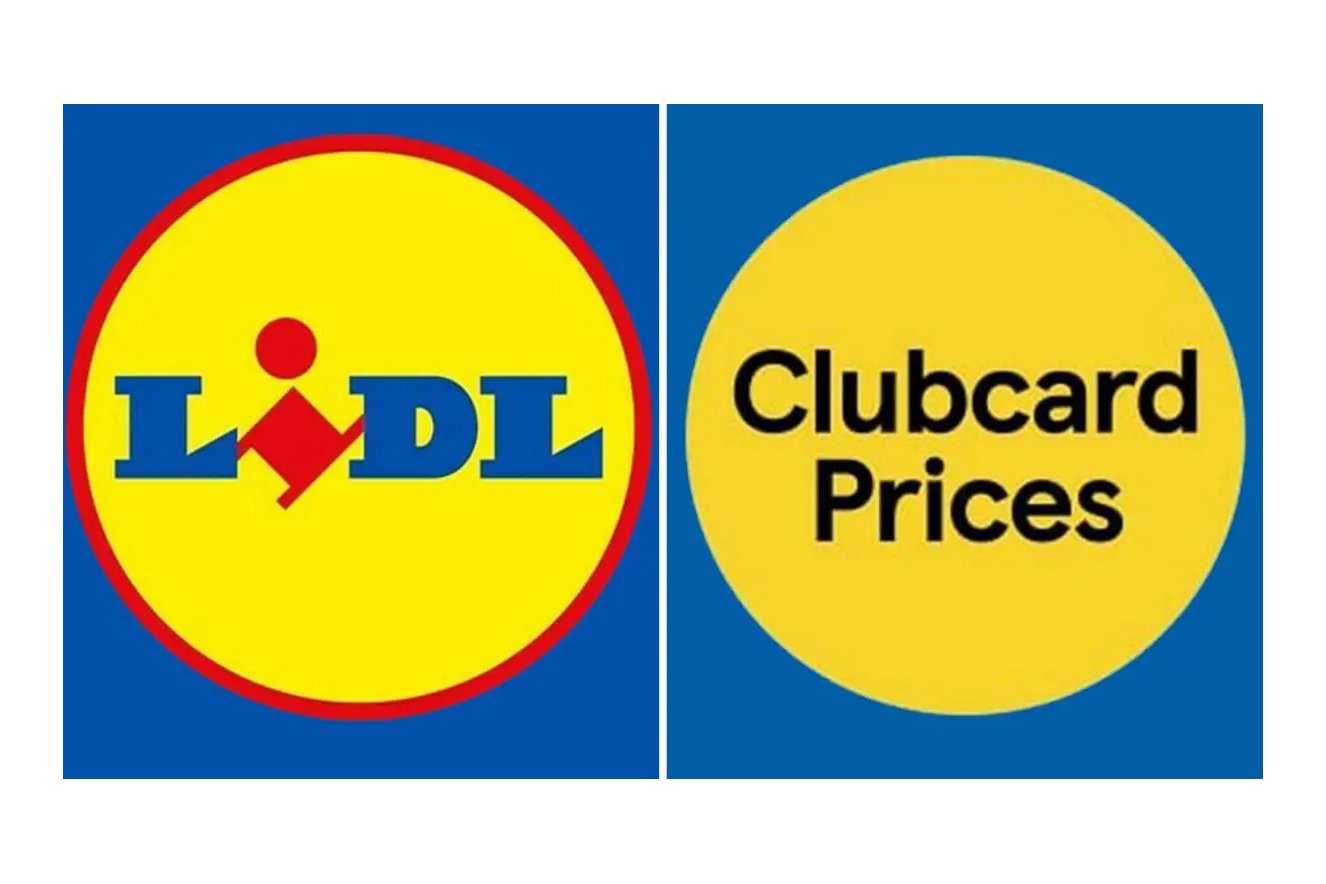The controversy, which sees as protagonists two large supermarket chains, the German Lidl and the English Tesco, arises from the fact that the latter began to advertise since 2020 a loyalty discount program (“Clubcard Prices”) by means of a logo consisting of a yellow circle on a blue background.
In the light of this, Lidl sued Tesco in a UK court, contesting the use of a logo substantially identical to his own. Lidl, in fact, in addition to the well-known figurative trademark consisting of the yellow stamp on a blue background with the name “Lidl”, is also the owner of a trademark consisting always of a yellow stamp on a blue square background but without any words inside.
Tesco, for its part, defended itself in court by claiming that Lidl registered the trademark “mute” (without words inside), in bad faith, as only defensive marks, never in fact used.
Tesco argued, in particular, that Lidl’s bad faith can be inferred, inter alia, from the practice of periodically redepositing the mark, without words inside, in order to circumvent the obligation to prove the use of the sign after five years of registration (this rule applies practically everywhere, and also at European level, as well as in Italy).
After a trial skirmish about Lidl’s evidence of bad faith – still not fully resolved – the case has resumed its course and is still pending and is expected to end this year.
The question is already of considerable interest to Italian operators, because it is a further practical demonstration of the fact that the Italian standard (art. 24.4 c.p.i.), which allows the registration of trademarks c.d. “defensive” (ie trademarks not actually used but similar to the one actually used and which are therefore “kept alive” by the latter, despite the rule that requires you to use the trademark within five years of registration), is a kind of “unicum“only in Italy, but not at European level (and, in this case, not even in the United Kingdom).
It is therefore absolutely essential that Italian operators remember that, if they wish to take legal action abroad on the basis of a trademark registered for more than five years, they must be ready to show evidence of its actual use.

